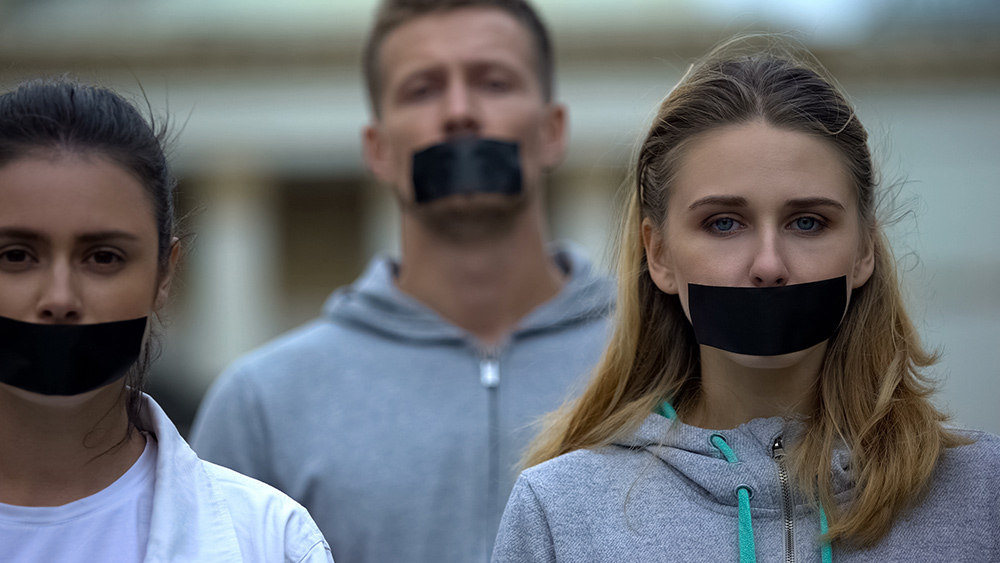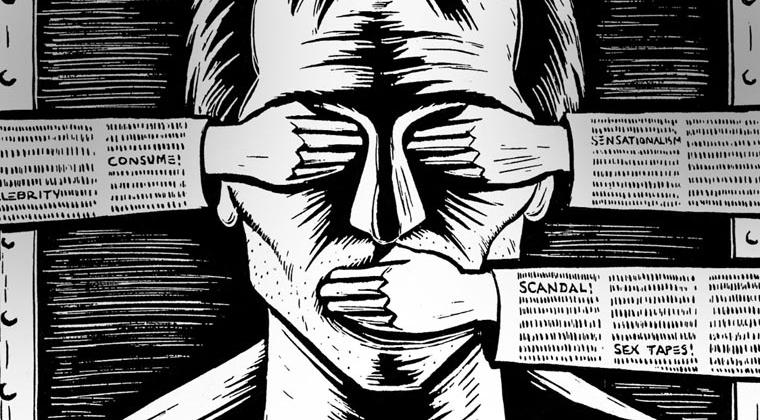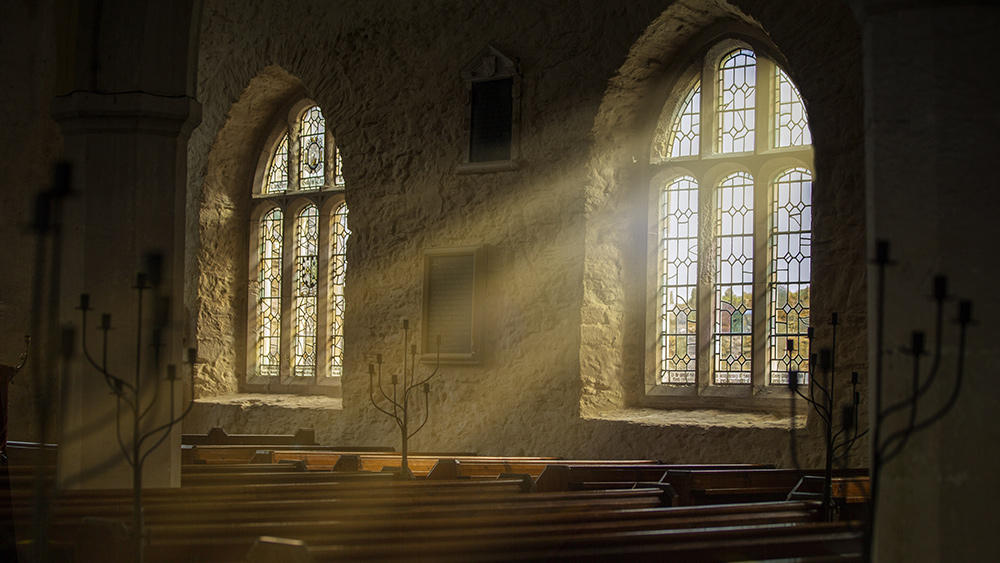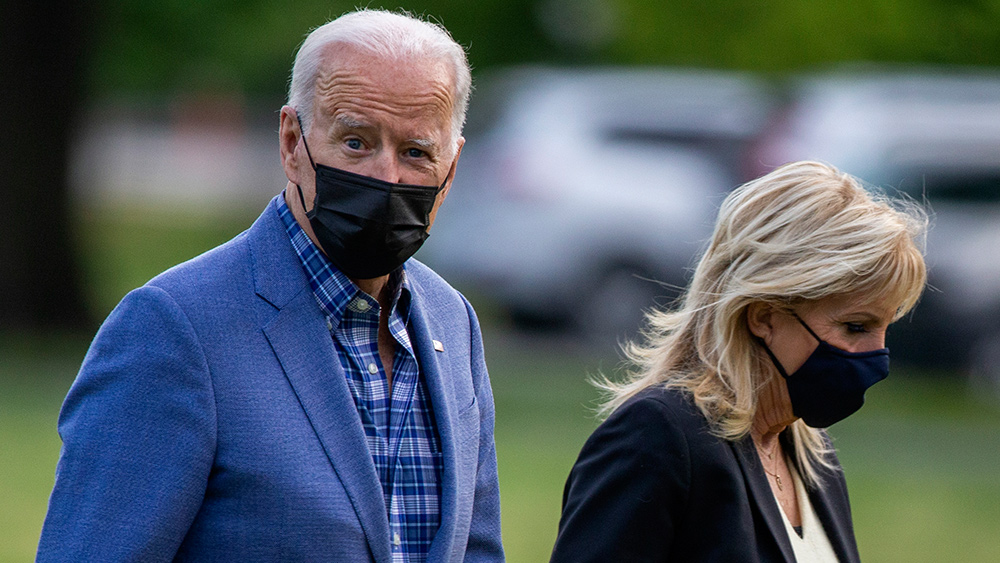Social media fact checkers claim their work isn’t censorship. Here’s why it is.
04/14/2024 / By News Editors
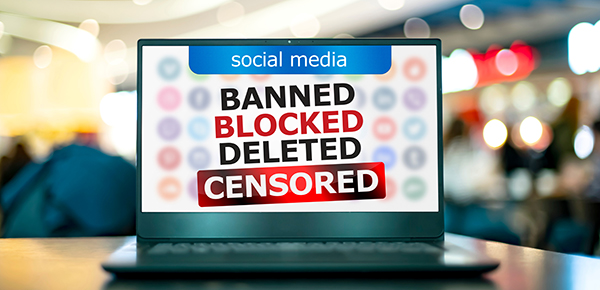
There’s good news, and bad: first, the fact that “fact-checkers” masquerading as unbiased and accurate moderators of content – while actually unreliable and bias-prone tools of censorship – are now recognized widely enough as just that, to trigger a reaction from some prominent actors.
(Article by Didi Rankovic republished from ReclaimTheNet.org)
But then – these “fact-checkers” are reacting in order to double down on their role as something positive, and justified.
Because there are no facts to support this attitude, one of the key “fact-checkers” is hiding behind an opinion piece. But the claim is there: “Fact-checking is not censorship,” a post on Poynter wants you to believe.
This, despite the organization, which acts to “certify fact-checkers” via the International Fact-Checking Network (IFCN), having a project that has resulted in mass suppression of posts on Facebook.
According to Facebook (Meta) CEO Mark Zuckerberg, posts that get fact-checked experience a 95% drop in clicks. In other words, even if this content is not outright removed, it is made virtually invisible. That’s censorship by any other name.
So how in the world can Poynter claim that activities of those it certifies actually result in “adding to the public debate” rather than suppressing it?
It can, and does. Meanwhile, a report recently published by Meta paints a different picture: the EU that was no doubt happy to share that “fact-checking” reduces users’ attempts to share posts by 47 and 38 percent on Facebook and Instagram, respectively.
Of course, neither Meta nor the EU are offering this data as proof of negative and nefarious efforts resulting in censorship; instead they are treated simply as proof that Meta complies with EU’s “codes” and other rules, also in the end producing more censorship.
But, while patting itself on the back in these ways, Meta unwittingly managed to undermine the credibility of its own “fact-checking partners.”
There’s a comical moment in the Poynter opinion piece (ostensibly, there’s more than one). But, while out to prove it was not trying to distract, distort, or deflect from the facts – the authors said the blog post was there to “commemorate” something called, “International Fact-Checking Day 2024.”
Have “fact-checkers” – practiced at it as they are – just made another thing up?
Read more at: ReclaimTheNet.org
Submit a correction >>
Tagged Under:
banned, Big Tech, Censored, Censorship, current events, fact checkers, free speech, government, lies, politics, propaganda, rigged, tech giants, Xpost
This article may contain statements that reflect the opinion of the author
RECENT NEWS & ARTICLES
COPYRIGHT © 2017 FIRSTAMENDMENT.NEWS
All content posted on this site is protected under Free Speech. FirstAmendment.news is not responsible for content written by contributing authors. The information on this site is provided for educational and entertainment purposes only. It is not intended as a substitute for professional advice of any kind. FirstAmendment.news assumes no responsibility for the use or misuse of this material. All trademarks, registered trademarks and service marks mentioned on this site are the property of their respective owners.



